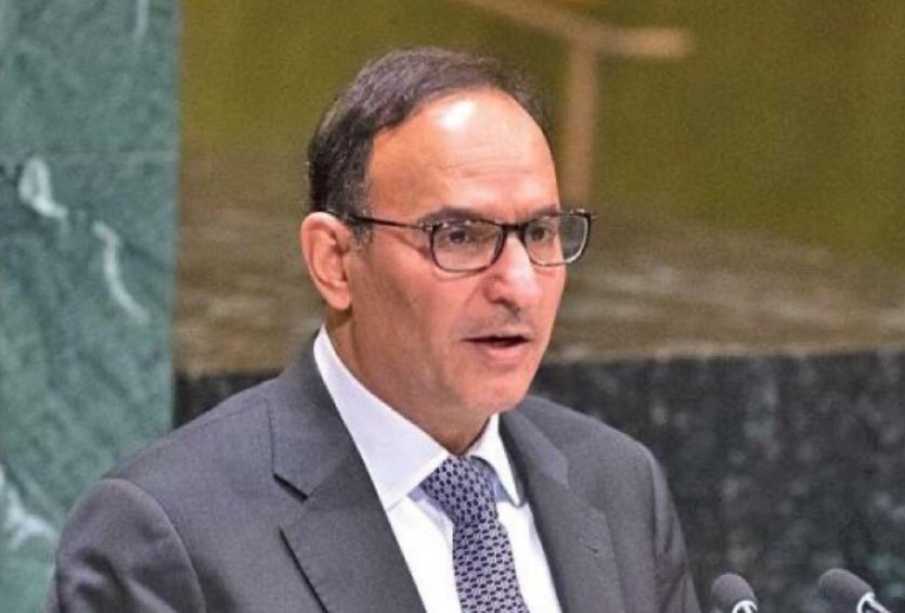Kuwait has renewed commitment to the UN Convention against Corruption (UNCAC), said a senior Kuwaiti diplomat on Friday.
Cooperation and joint action are the best means to counter this dangerous crime that jeopardizes safety of communities, especially recently on the backdrop of COVID-19, said Ambassador Mansour Al-Otaibi, Kuwait’s Permeant Delegate to UN before the organization’s 32nd General Assembly on anti-corruption.
Terming UNCAC a “cornerstone” in the fight against corruption, yet the phenomenon, according to Al-Otaibi, is still prevalent and becoming more complex due to advancing technology, making it a trans-border crime, branching out to terrorism financing, money laundering, arms dealing and drug trafficking.
Corruption continues to drain countries’ resources, especially developing ones, making it a major obstacle for those countries to accomplish the UN 2030 Agenda for Sustainable Development, he said.
Despite all precautionary measures, yet, no country is safe from this phenomenon, which causes global economy to lose USD two trillion on an annual basis, he added.
Good governance, less bureaucracy and improving performance of the state’s public institutions are all key elements for fighting corruption; an endeavor the State of Kuwait been aiming for and pursuing on a national level through many laws and legislations that guarantee the rule of law and reinforce, as well as buoy the level of integrity, Ambassador Al-Otaibi carried on saying.
He also referred to ‘Nazaha’; Kuwait’s anti-corruption body, established in line with articles five and six of UNCAC.
UNCAC is the only legally binding international anti-corruption multilateral treaty, as it recognizes the importance of both preventive and punitive measures, addresses the crossborder nature of corruption with provisions on international cooperation and on the return of the proceeds of corruption.


